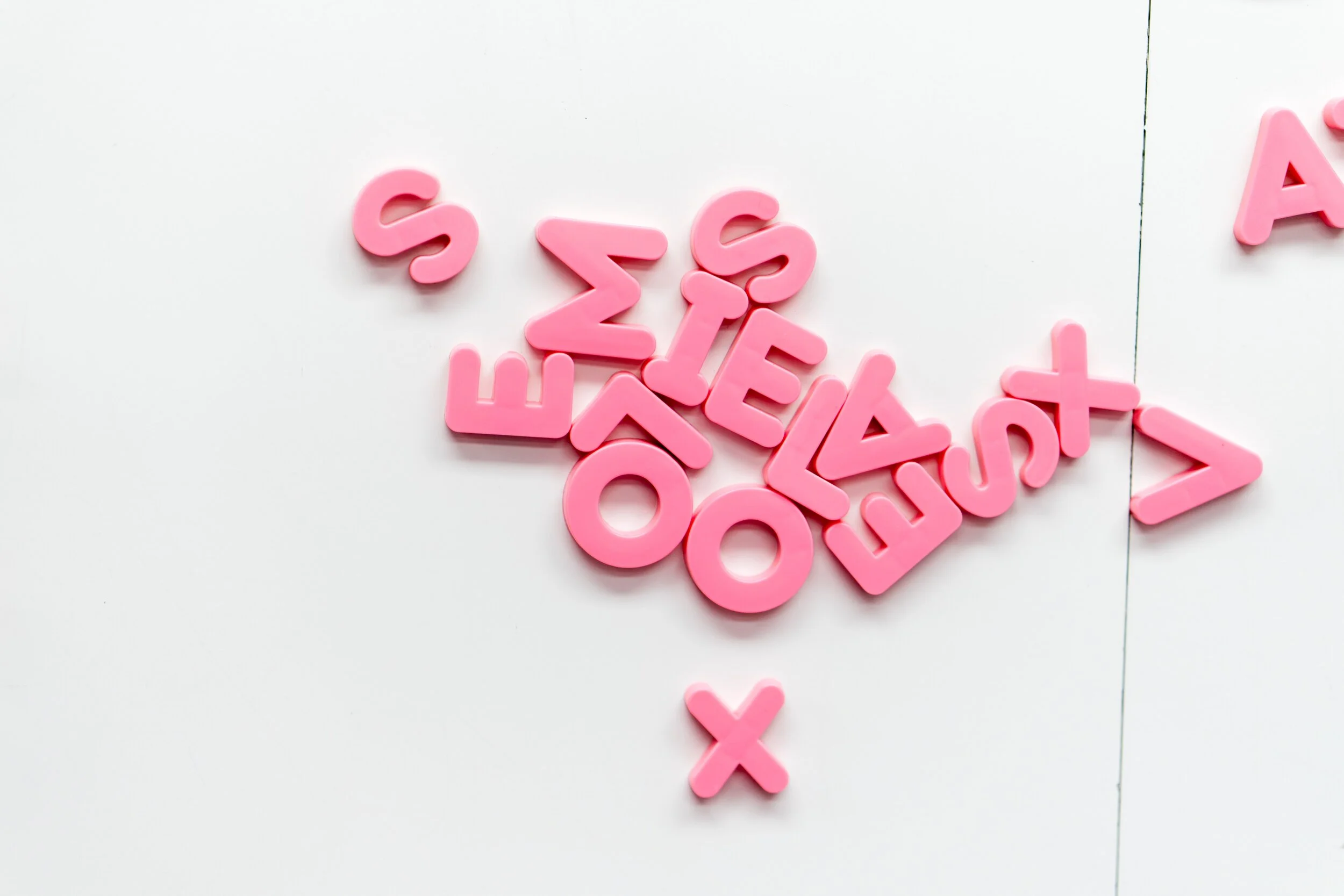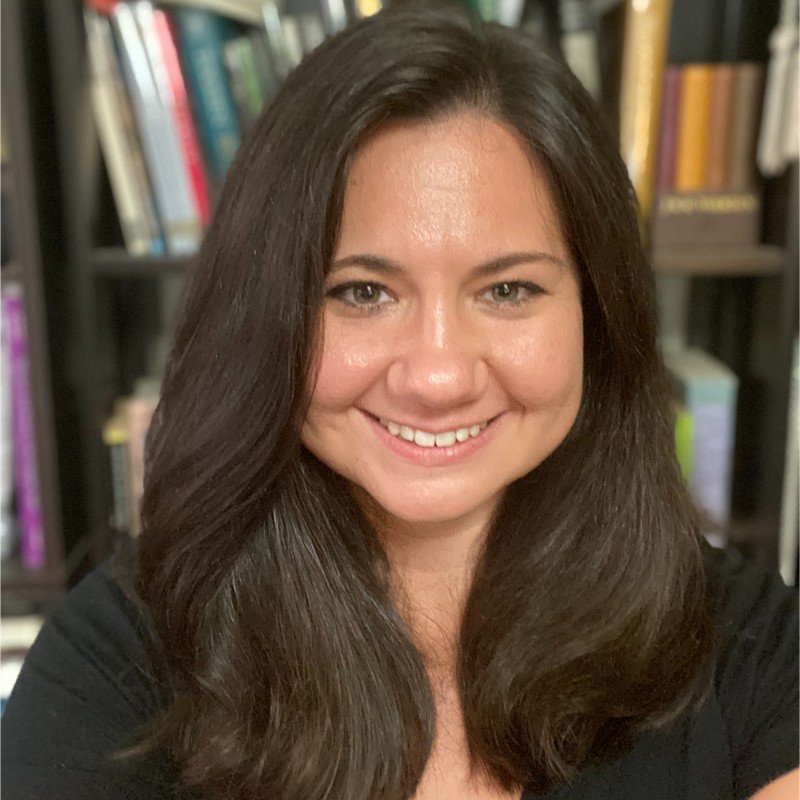Anonymous
I thought, for the split-second between my brain recognizing that I was being called out to speak and my mouth automatically responding, that I should give a fake name.
I always had an inexplicable liking for “Veronica.”
I can not say where that comes from. I feel like it predates high school and watching Veronica Mars, or any familiarity with the Riverdale gang—comic or CW form.
I didn’t. The fake name, I didn’t give it.
I was too afraid that would make this whole meeting not work its magic. Too afraid that a lie would undermine my earnest desire to have a second-chance.
To not spiral.
To be able to make it through two days (before I had started).
To remember what I had said and what I had done.
To be able to make it more than two months without caving (after I had started).
To not be so afraid to look at my phone.
Those mornings were the worst—the mornings I wondered if I had texted or called or messaged something unforgivable, unforgettable, embarrassing, shaming.
I could not do it again…and again…and again. Ad Infinitum.
I walked through that overgrown tree shaded back corner Methodist church-basement door—with all the ironic vibes of a speak-easy, even the peppering of smokers that always pointed the way despite apparent attempts to hide the entrance.
I had never felt so undesired, unwanted, like the building and the people who really belonged there would never look me in the eye if they passed me, but it made them feel better to pretend.
Does that make them kind, or human? I don’t know if that is kind, or not. Selfish, or not. I just knew I did not want to tell my name to a room full of strangers.
I hate folding chairs. I feel wrong in them. And there are no donuts like they show on TV.
They say women can’t drink as much as men because of differences in chemical makeup, body, fat, and so on. All very likely.
I am sure there is truth in that. I am not a scientist. I claim no real expertise in such studies or data. I just didn’t personally experience it, mostly.
I do know that ninety percent of the time, I could drink most of a bottle of whisky on my own and feel maybe tipsy. Toward the end of a night I had to work a little harder, force clear speech and clever quips a little more. But I thought that was normal. Holding on to clarity by focusing my energy on acting ‘normal.’ I was certainly not completely immune. But I had trained for years to be an academic, and there is, in my opinion, no better breeding ground for high-functioning alcoholism than higher education.
But I was arguably not just high-functioning, but built in some way that made me good at hiding it.
Someone very close to me (they get to be anonymous now) told me my eyes didn’t change and that was the scariest thing. He could always tell by looking in someone's eyes if they were wasted, if they would or would not remember the next day. My eyes wouldn’t tell on me.
I had a sterling reputation for being able to drink most men under the table—pub, cocktail, or picnic. I admit, I had always craved something that made me special. I felt like I brought nothing except my chugging abilities and drinking stamina to any social interaction.
And now I had to admit that the only thing that made me special was out of my control.
I walked into the room and was immediately met by four older adults, smiling, and all repeating the mantra: “you are the most important person here today.”
I had a hard time looking up, meeting eyes, not being a little teary eyed that I was here. Not just guilt. Shame.
In my heart I kept thinking about how the night before went. The last night. The last drink. The screaming, the broken glass, the EMTs. I moved my hand to my bandaged side and felt the road rash my boyfriend had cleaned and gauzed. God it hurt. I couldn’t move right. Stiff. And these chairs did not help.
I had promised this was it. It was his it. It had to be mine. My second-chance or the inevitable: spiral, self-destruction, death.
Salty drops scrolled down my face as I played with my hands in that awful chair that made it difficult to sit without wrinkling my side’s gravel filled skin into my bandage.
“Would you like to introduce yourself?”
-Natalie W.
Natalie Whitaker has dabbled since she was in grade school writing creative poetry, stories, mystery novels, and plays for her and her siblings to perform in the family living room—á la Jo March. In college this amateur passion developed into an academic exploration of writing, language, and storytelling. She earned degrees in History (BA), Literature (MA), and Library Science (MLIS), and now is completing her PhD in Medieval literature and women's emotions in early medieval Old English, Old Norse, and Latin literature. Recently, Natalie has felt the urge to return to her creative writing pursuits, exploring her creative expression through poetry and storytelling. She enjoys writing, academically and creatively, at the intersection of history, culture, literature, and emotions, hoping to support and strengthen modern women through a better understanding of the past and our human experiences.





























